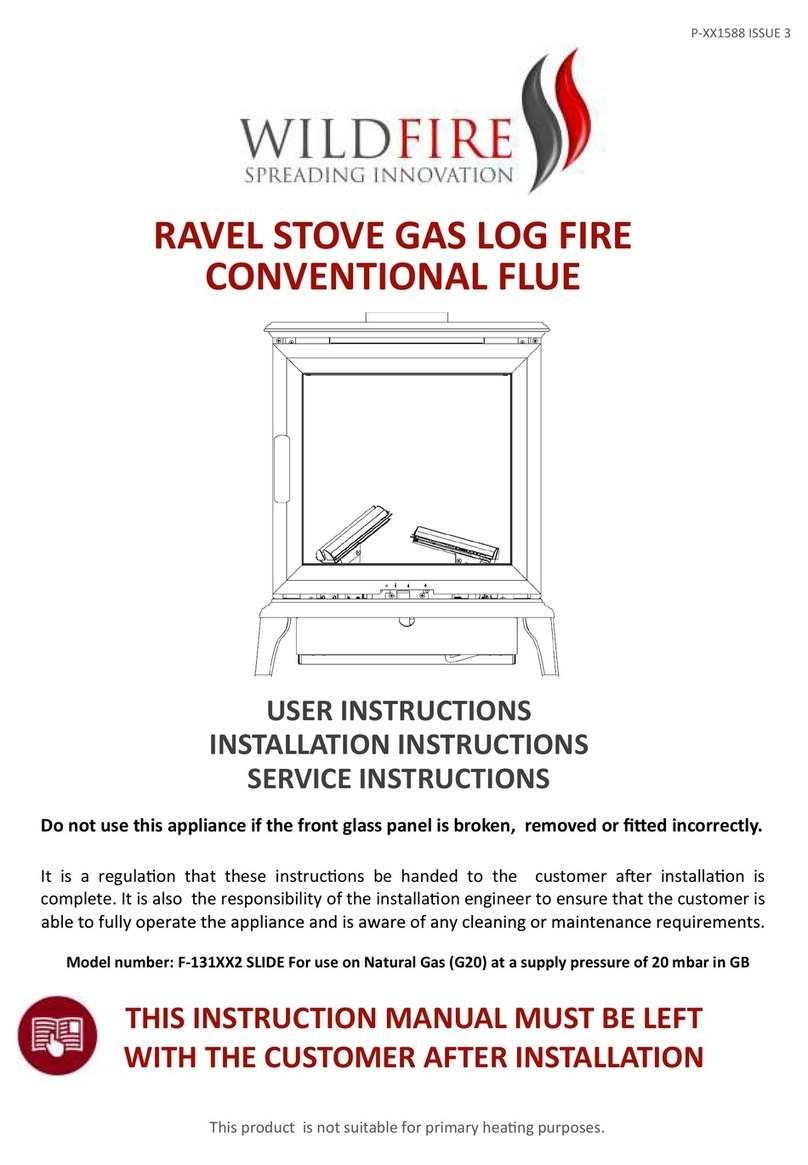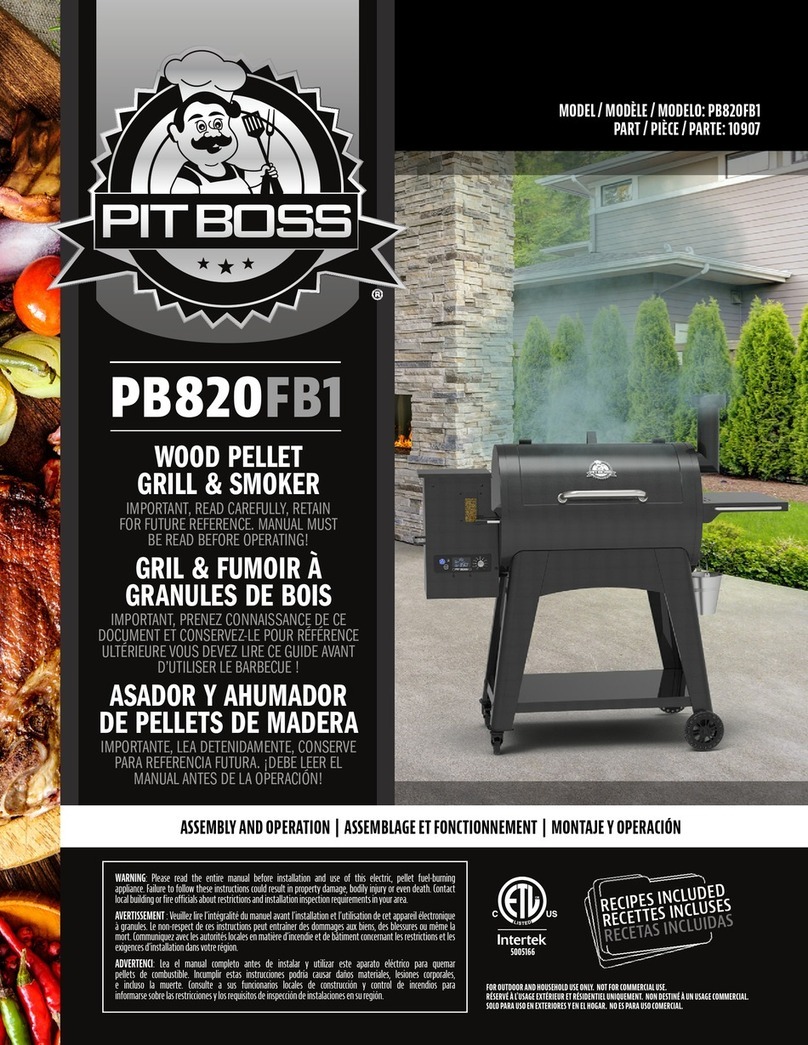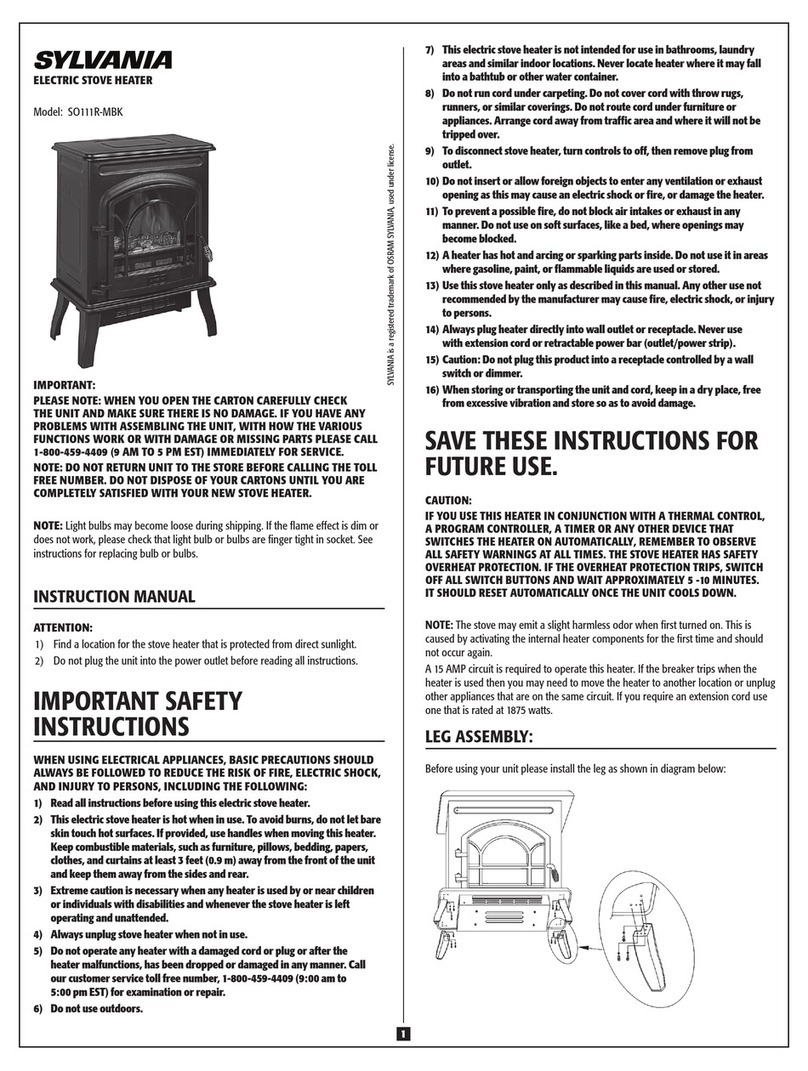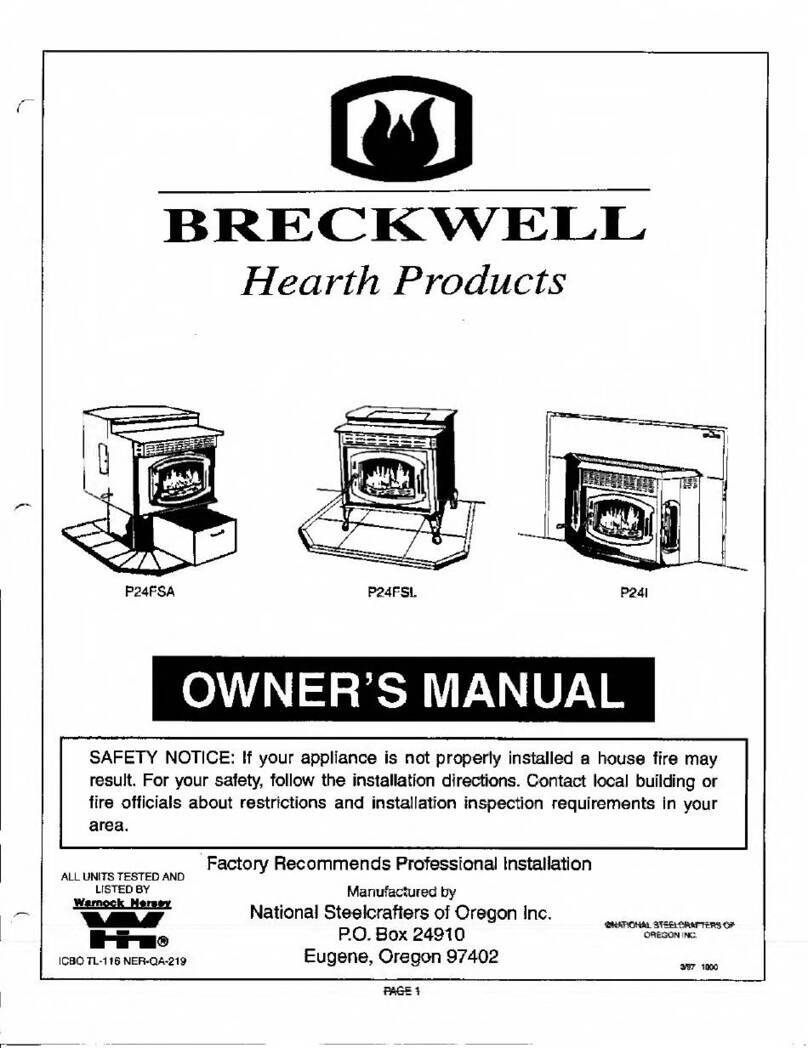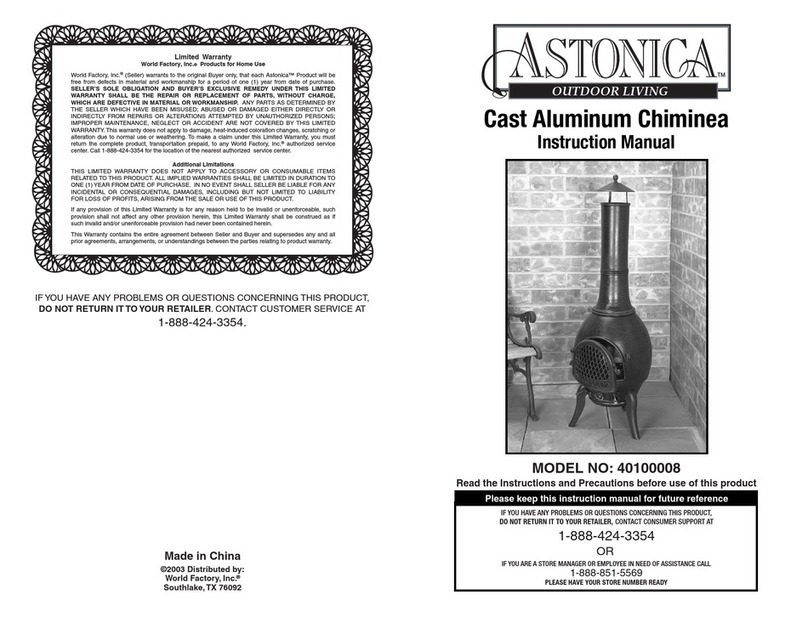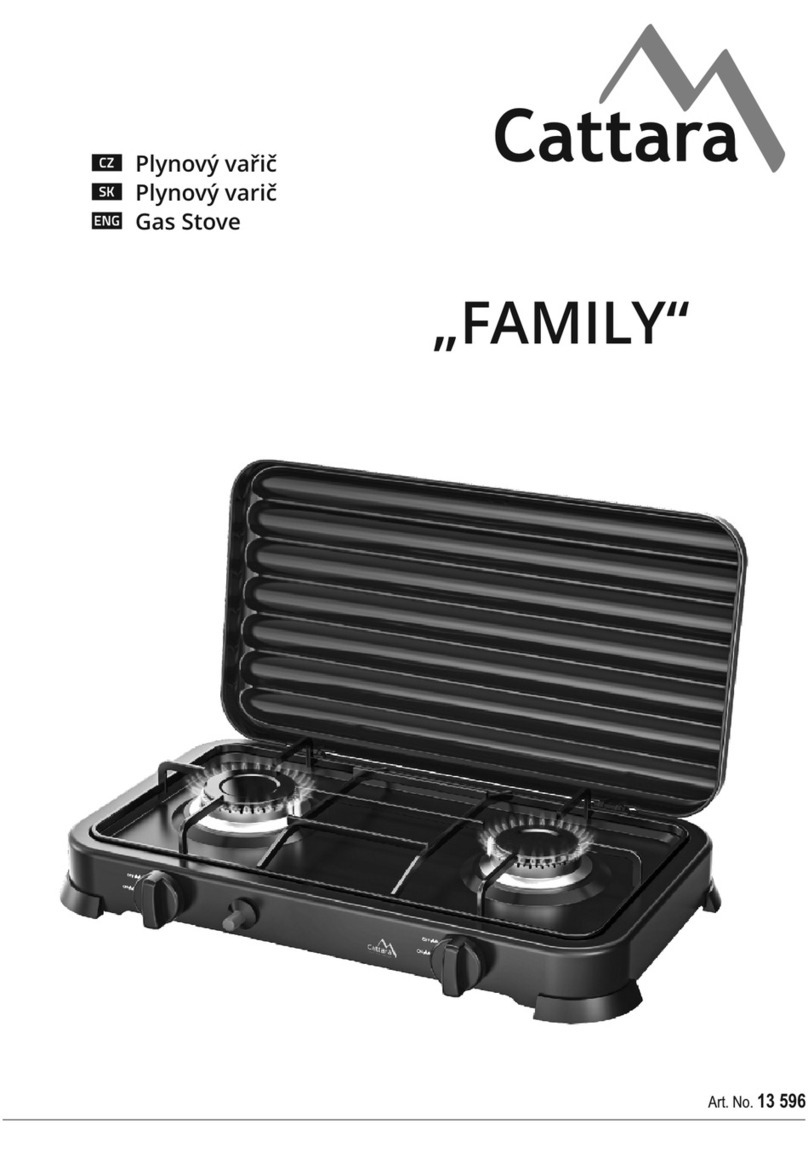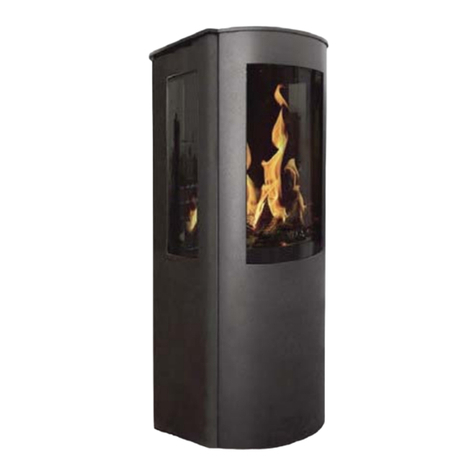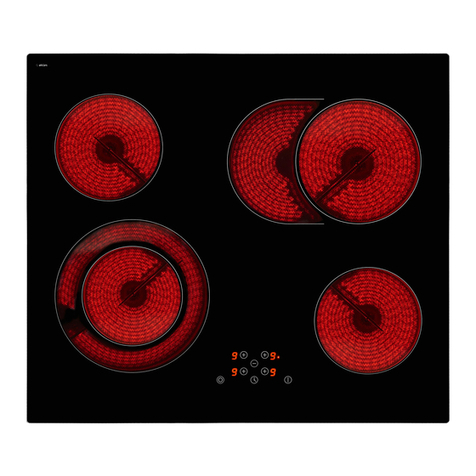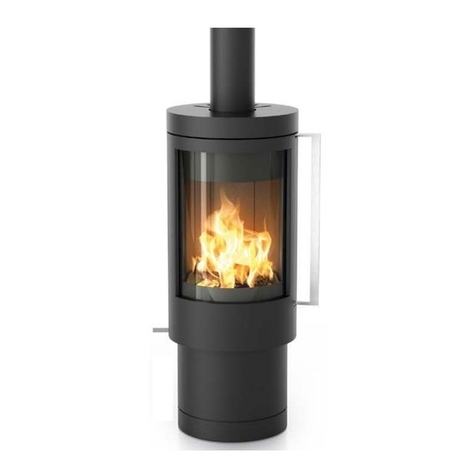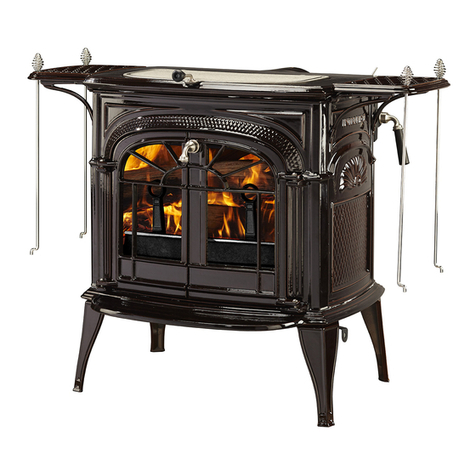
Introduction
Congratulations on purchasing a genuine Horse Flame® Stove. When cared for properly, the
high quality, finely crafted cast iron stoves and fireplaces will offer many years of reliable
performance. This instruction manual has been developed to ensure optimum performance from
the Horse Flame® stove and fireplace range. It's very important that you thoroughly read and
understand all instructions before using your new stove or fireplace.
Table of Contents Page
VERY IMPORTANT .................................................................................................................. 1
Introduction ............................................................................................................................. 2
Stove Safety ............................................................................................................................ 3
Before installing your stove ................................................................................................... 4
Adequate provision air .............................................................................................................. 4
Installation ............................................................................................................................... 5
The floor protection ................................................................................................................... 6
Installation clearances ............................................................................................................... 7
Well sealed flue system ............................................................................................................ 8
Chimney connection .................................................................................................................. 8
Chimney .................................................................................................................................... 9
Factory Built Chimney ..............................................................................................................10
Masonry Chimney ....................................................................................................................11
Combustible Wall Chimney Connector Pass-Throughs ............................................................12
Operating Your Stove ........................................................................................................... 13
Fuel ......................................................................................................................................... 13
First operation of stove ............................................................................................................ 13
Air controls .............................................................................................................................. 13
Refueling ..................................................................................................................................14
Ash removal ............................................................................................................................ 14
Overnight burning ................................................................................................................... 14
Stove Maintenance ................................................................................................................ 15
Care of glass ........................................................................................................................... 15
Replacement of glass .............................................................................................................. 16
Replacement parts .................................................................................................................. 16
HF-577DU Part list....................................................................................................................16
Surface finish .......................................................................................................................... 17
Trouble Shooting .................................................................................................................. 18
Fire not burning ....................................................................................................................... 18
Glass blackens ........................................................................................................................ 18
Smoke in room ........................................................................................................................ 18
Fire burning too quickly ........................................................................................................... 18
Chimney fire ............................................................................................................................ 19
Specifications ........................................................................................................................ 19
Horse Flame Warranty .......................................................................................................... 20
Warranty Policy & Procedures .................................................................................................20

